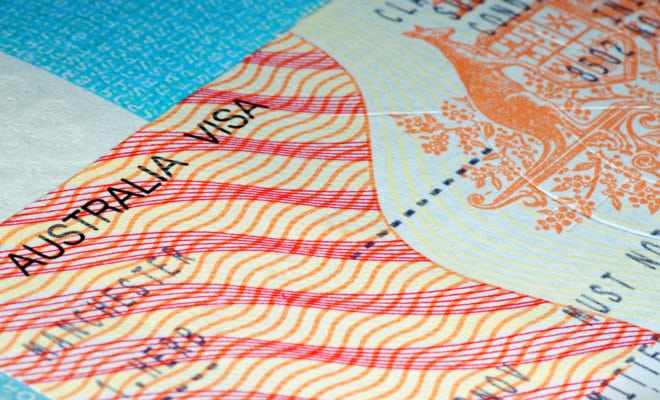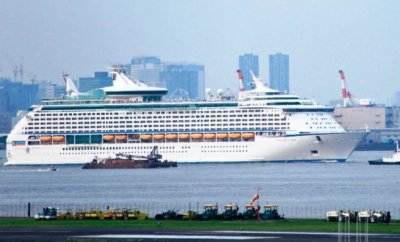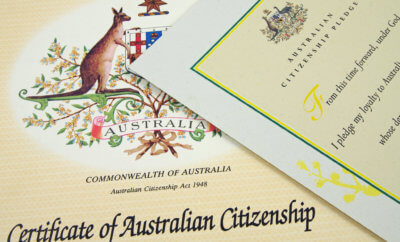Immigration
Australia to Increase Waiting Period for Migrants to Access Welfare Payments

Representational Image
Photo: Bigstock
The move will affect 110,000 children, 50,000 families eligible for family tax benefit part A, and 30,000 individuals as per Senate estimates.
In a bid to save an extra A$200 million over five years, the Malcolm Turnbull government gave another blow to the newly arrived migrants in Australia by announcing extension of the waiting period for access to welfare benefits. In its budget announcement on May 8, the government said that the waiting period for migrants to avail state benefits, such as paid parental leave, carers allowance and the family tax benefit, will go up from the current two years to four years, from July 1, 2018, SBS News reported.
The measure, which is yet to pass the parliament, is applicable for those arriving in Australia on skilled and family visas. It won’t apply to those arriving on humanitarian visas, which are meant for vulnerable groups such as refugees, people coming into sudden financial hardship, and victims of domestic violence.
Calling it a move that would “encourage self-sufficiency for newly arrived migrants,” a spokesperson for the Department of Social Services told SBS News that it is designed to ensure that migrants who come to Australia for “economic reasons” know that they should be “well-placed to support themselves” when they arrive in the country.
This extension of waiting period to three years was announced back in December in a budget review. Another year has been added now in a move that is being called a “worrying step” by migrant groups.
“The relatively small amount of budgetary savings are going to impact quite severely on some of our most disadvantaged people, vulnerable families, and young children,” Mary Patetsos, chairperson of Federation of Ethnic Communities Councils of Australia, said in December.
The Migration Council Australia had also said then that the measure will reduce the representation of migrants in the Australian workforce, ABC reported. “Support in those first few years is really important in setting the pathway for lifelong contribution. Female participation in the workforce is critically important in those first years and paid parental leave is part of that process… the migration program is generally a young cohort and there are a lot of young children who will be affected by these changes,” CEO Cara Wilshire was quoted as saying by the ABC in December.
The measure would affect 110,000 children between July this year (when it is to take effect) and 2021, as per Senate estimates, the Guardian had earlier reported. It would also affect 50,000 families eligible for family tax benefit part A, and 30,000 individuals waiting for other payments, the report added.
Speaking about Scott Morrison’s budget announcement on May 8, Rajinder Kaur Bhullar, who moved to Australia with her husband three years ago, told SBS Punjabi: “Family tax benefit and rent assistance were a huge help during the days when I and my husband didn’t have regular jobs and our income was not stable. I can imagine the troubles we would have been in the absence of this help from the government.”
As per the budget, newly-arrived refugees will have to wait six months for the government’s job-active program, which is up from the current three month period. According to the government, the six month wait period for refugees for accessing job-active program would help them “focus” on other services Australia provides on arrival, such as English lessons, SBS Punjabi reported. Refugees with good English can access some light support after six weeks, the report said.



